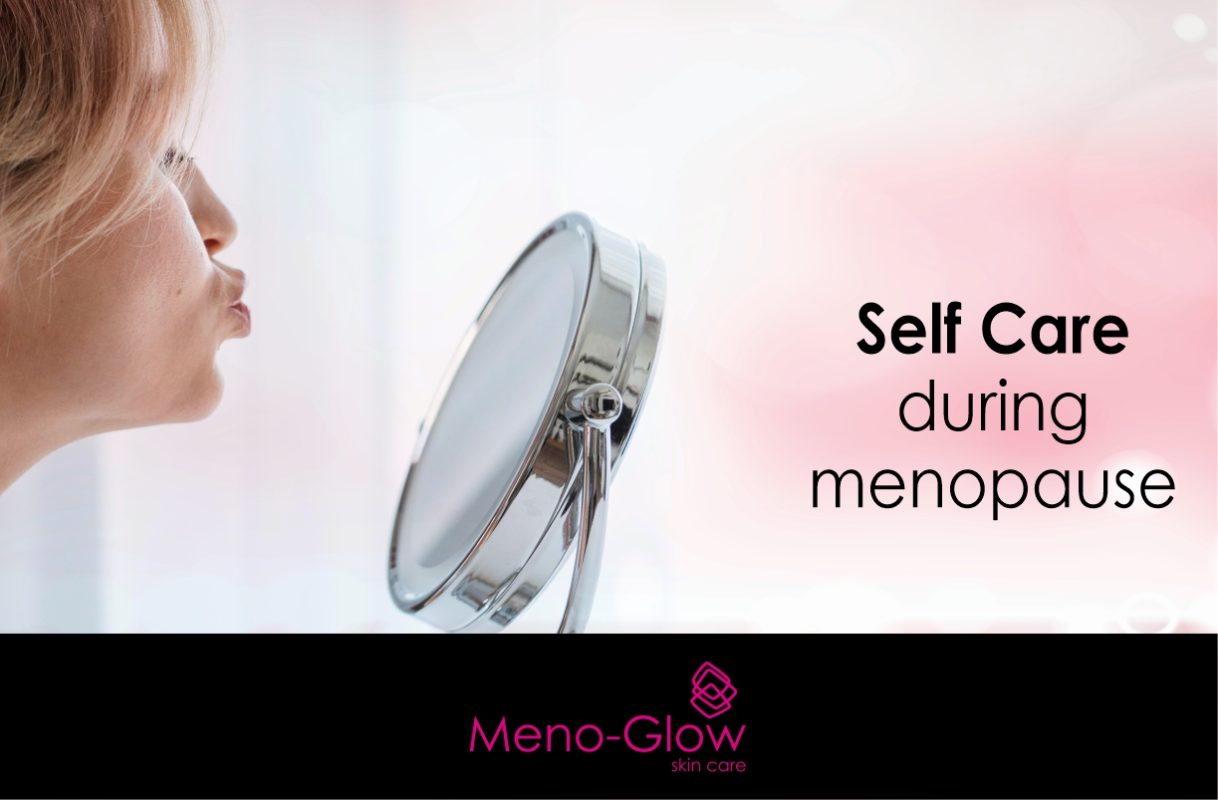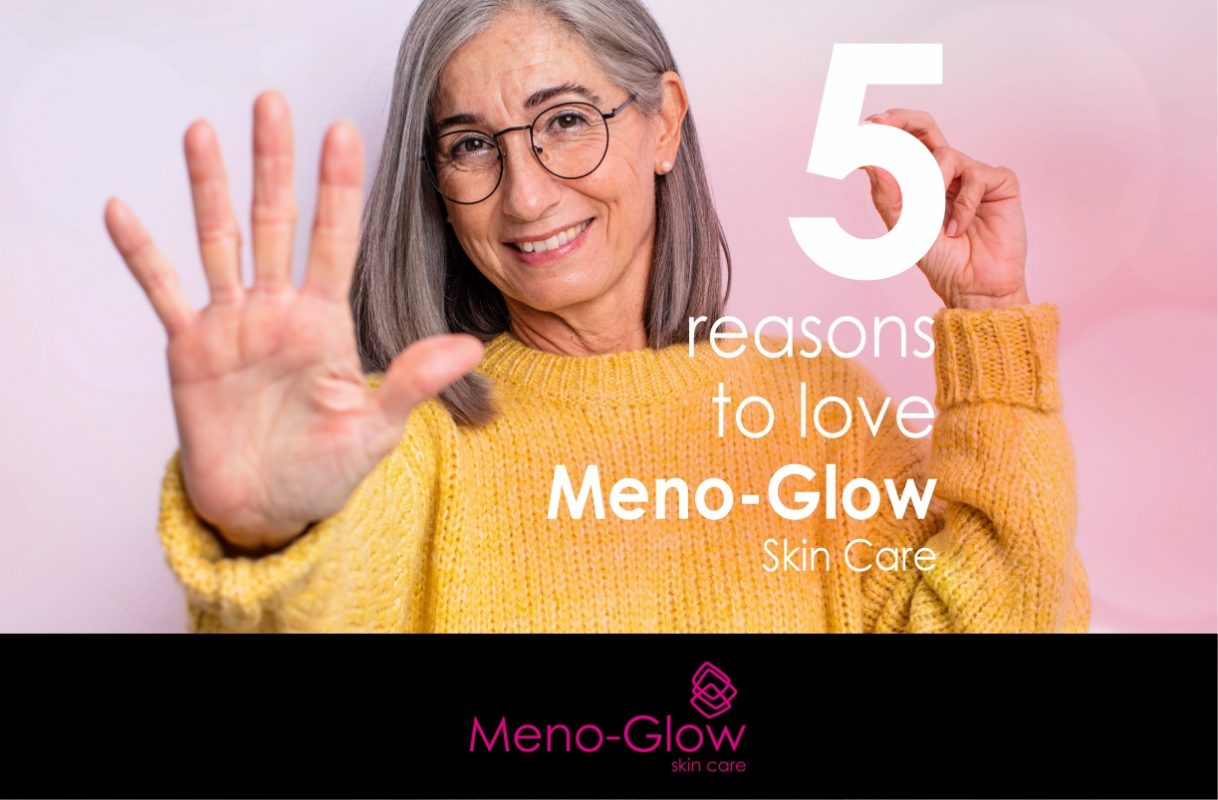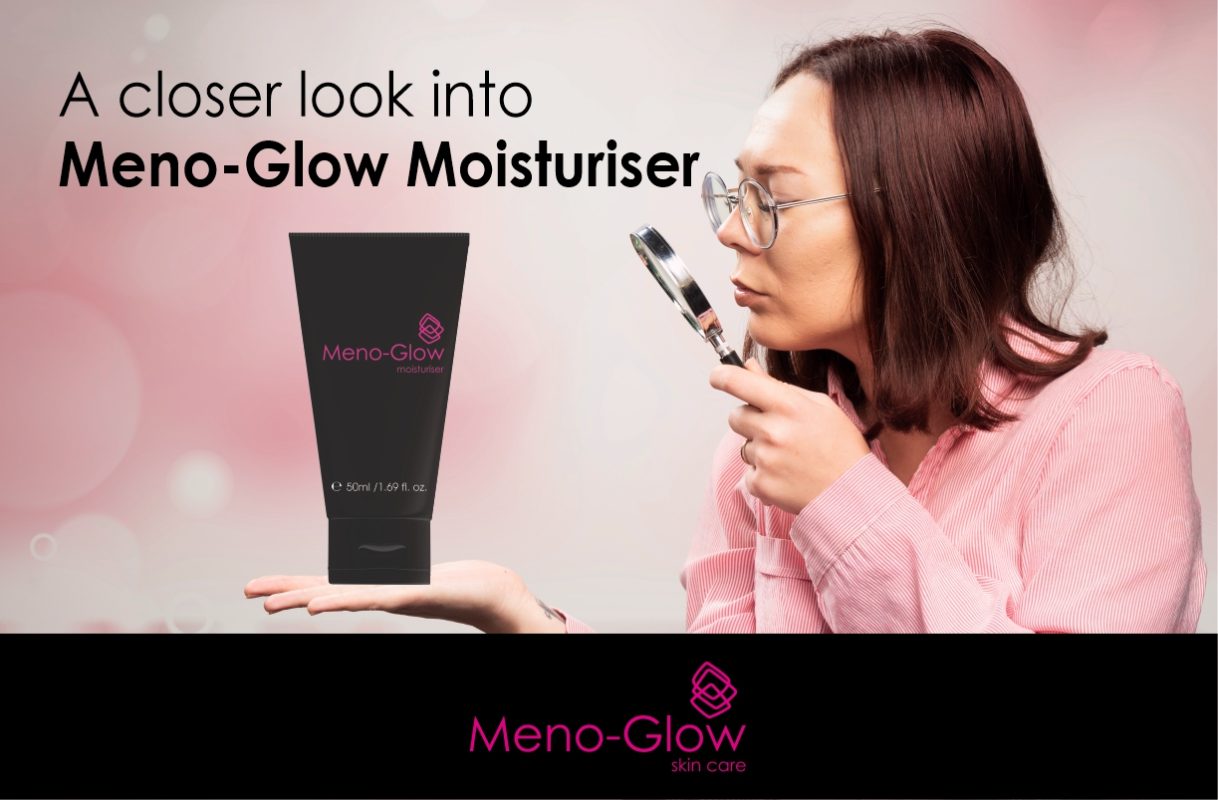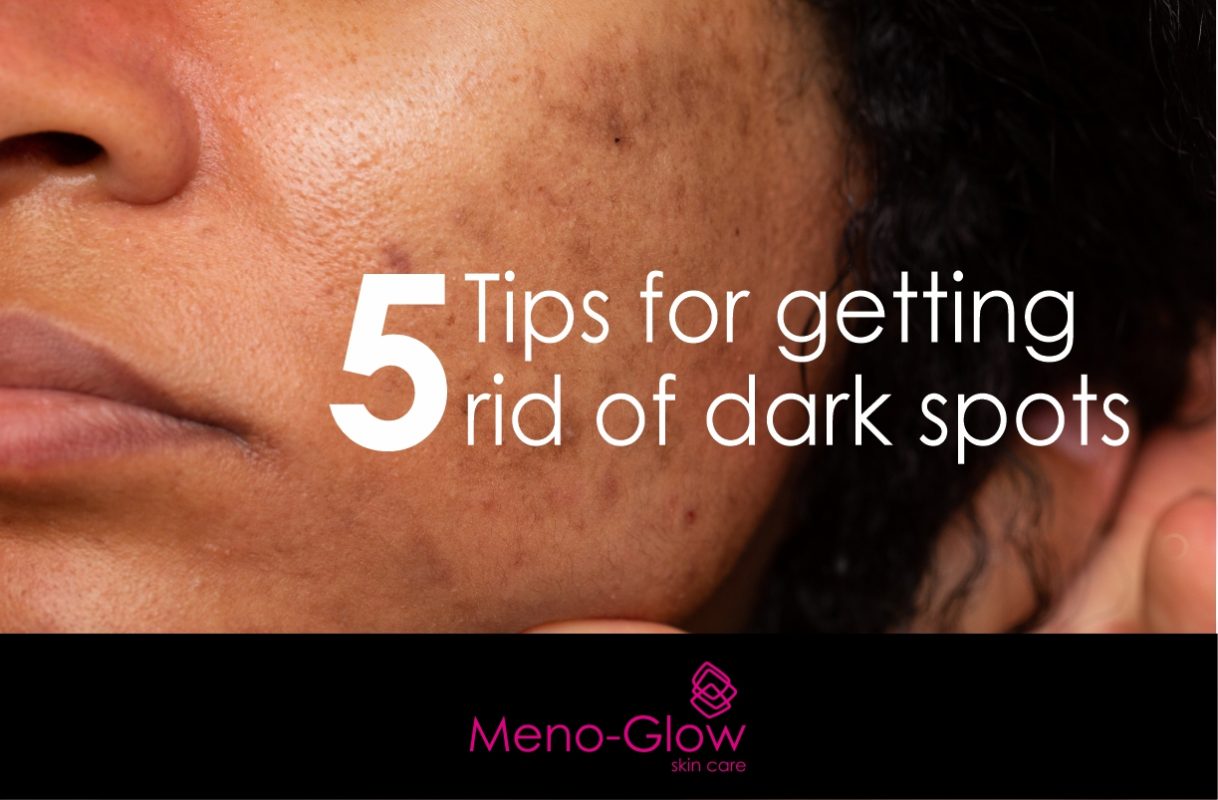8 Ways to Practice Self-Care during Menopause
Self-care is about prioritising your own mental and physical health. When going through the change of menopause or dealing with unusual life circumstances, self-care becomes even more important. To improve your overall wellness, we’ve come up with 8 ways you can practice self-care during menopause.
1. Eat a Nutrient-Rich Diet
During menopause, getting the right vitamins, minerals, and other nutrients from the foods we eat is just as important as it has always been. Part of practicing self-care during menopause should include paying attention to your diet and making good food choices.
Eat a varied diet of whole foods with lean protein, calcium, and vitamin D. Avoid processed foods with refined sugar and limit alcohol consumption (which can also trigger hot flushes in some women). Some of us may have issues with menopausal weight gain, so we may need to consider weight management when making dietary choices.
2. Get Moving
Exercise should be at the top of your list when it comes to self-care. Being physically active has a long list of benefits that can help you feel your best during perimenopause and menopause. It helps relieve stress, gives you energy, builds strength, promotes good sleep, and is an important part of weight management. Exercise may also help prevent osteoporosis in menopausal women. According to the Office on Women’s Health, women should get at least 30 minutes of physical activity most days during the week.
3. Find Ways to Keep Cool
Hot flushes are one of the most common symptoms of perimenopause and menopause that interfere with daily life. A good way to practice self-care during menopause is to find ways to keep cool. When you are more physically comfortable, you’ll also feel better mentally.
Choose clothing made of breathable fabrics like cotton and dress in light layers so you can adjust when you feel too warm. Some women recommend getting a portable fan to take to work or use in public spaces where you aren’t in control of the room temperature. If hot flushes are interfering with your daily life, talk to your doctor about ways to manage them.
Meno-Glow Self-care Quick Tip: Keep our Meno-Glow Hot Flush Rescue Pack on hand as it provides instantaneous relief and soothes irritated or dry skin. It can be used over make-up and calms the skin physically due to its cooling effect.
4. Stay Hydrated
Drinking plenty of water is another great way to practice self-care during menopause. If you drink cold water, it doesn’t just cool you down, it actually helps your body regulate its temperature. Staying hydrated will also ease symptoms like bloating and dryness.
Meno-Glow Self-Care Quick Tip: Add some lemon to your water to detoxify your body of toxins and give your skin that healthy glow.
5. Get Outside
Getting outside is important to our mental and physical health. Even people who aren’t necessarily “outdoorsy” benefit from spending 30 minutes or so outside. Fresh air can be invigorating and getting vitamin D from a safe amount of sun is important to physical health. You can enjoy the outdoors by exercising outside or taking up gardening.
Meno-Glow Self-Care Quick Tip: Don’t forget to add SPF30 sunblock to your skin care routine every morning. If going outdoors, add more sunblock to your exposed skin. Grab a hat and sunglasses while you are at it.
6. Get Enough Sleep
Getting enough sleep is a critical factor in maintaining overall wellness. For most adults, the National Sleep Foundation recommends 7 to 9 hours of sleep each night. However, symptoms like night sweats can make sleeping difficult during perimenopause and menopause. While you can talk to your doctor about managing symptoms that cause sleep disturbances, there are other steps you can take to make getting enough sleep more likely. Stop using electronic devices like phones or computers at least 30 minutes before you go to bed. Make sure your sleep environment is comfortable and wear cool and breathable sleep clothes.
Meno-Glow Self-care Quick Tip: We sound like a broken record but… we highly recommend keeping our Meno-Glow Hot Flush Rescue Pack next to your bed so you can cool down when you need to and get right back to sleep.
7. Stay Connected to Other People
One of the cornerstones of self-care at any time is staying connected to loved ones. Make an effort to keep up with friends and family. Both extroverts and introverts need some kind of human connection as part of a self-care regimen. If you aren’t able to meet with loved ones in person, text, call, or schedule video chats.
8. Visit Your Menopause Practitioner
One of the best ways to practice self-care during menopause is to talk to a doctor about your symptoms. A doctor specialising in menopause management can help you understand what you are going through, what to expect going forward and assist in preventing symptoms. Openly discuss treatments like antidepressants, nutritional supplements, and hormone replacement therapy (HRT) but do what is best for you.
The Take Home
Self-care starts with you. If you feel better, you can do better by others close to you. It starts with the small things, but in the end, it makes a big difference.
Thanks for taking the time to read our article. Until next time, please take care of yourself – you deserve it!
[divider width=”full”]WHY MENO-GLOW SKIN CARE
A COMPLETE SKIN REJUVENATION FOR ALL SKIN TYPES – Your answer to menopausal skincare concerns:
- Dry Skin
- Decreased elasticity
- Fine lines and wrinkles, especially around the eyes
- Thinning of the hair
- Facial flushing
Medically designed and scientifically formulated by a specialist plastic surgeon, Meno-Glow Skin Care addresses skin concerns related to menopause.
Our Meno-Glow Skin Care Range offers a simple skin care regime that facilitates skin rejuvenation and symptomatic relief of the issues caused by estrogen depletion.
Fine lines and wrinkles are reduced, the skin’s barrier function recovers, and sensitivity is significantly reduced.
What makes Meno-Glow Skin Care genuinely unique is how the formulation truly respects the skin.
[divider width=”full”]SOURCES:
Liri Victor, Meno-Glow Somatologist



